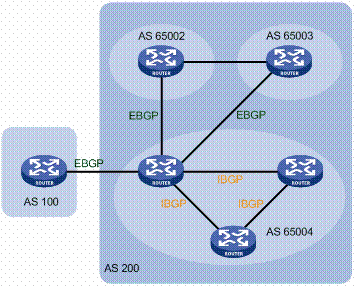Multiple-vantage-point domain control validation (multiVA) is an emerging defense for mitigating BGP hijacking attacks against certificate authorities. While the adoption of multiVA is on the rise, little work has quantified its effectiveness against BGP hijacks in the wild. We bridge the gap by presenting the first analysis framework that measures the security of a multiVA deployment under real-world network configurations (e.g., DNS and RPKI). Our framework accurately models the attack surface of multiVA by 1) considering the attacks on DNS nameservers involved in domain validation, 2) considering deployed practical security techniques such as RPKI, 3) performing fine-grained internet-scale analysis to compute multiVA resilience (i.e., how difficult it is to launch a BGP hijack against a domain and get a bogus certificate under multiVA). We use our framework to perform a rigorous security analysis of the multiVA deployment of Let's Encrypt, using a dataset that consists of about 1 million certificates and 31 billion DNS queries collected over four months. Our analysis shows while DNS does enlarge the attack surface of multiVA, the of Let's Encrypt's multiVA deployment still offers an 88% median resilience against BGP hijacks, a notable improvement over 76% offered by single-vantage-point validation. RPKI, even in its current state of partial deployment, effectively mitigates BGP attacks and improves the security of the deployment by 15% as compared to the case without considering RPKI. Exploring 11,000 different multiVA configurations, we find that Let's Encrypt's deployment can be further enhanced to achieve a resilience of over 99% by using a full quorum policy with only two additional vantage points in different public clouds.
翻译:多重优势- 多点域控制验证( MultiVA) 是减少BGP对证书当局的劫持袭击的新兴防御工具。 虽然多点VA的采用正在增加, 但几乎没有工作能够量化其在野生BGP劫持事件方面的效力。 我们通过提出第一个分析框架来弥补差距, 以衡量在现实世界网络配置(例如DNS和RPKI)下多点部署多点VA的安全性。 我们的框架精确地模拟了多点VA攻击表面 1 :1 的多点对域验证中涉及域验证的DNS名人物的攻击 2 的模型 2 的模型; 考虑部署RPKI等实用安全技术, 3 进行精细微的互联网规模分析, 以计算多点VA的复原力(即对域启动BGP的劫持有多难。



